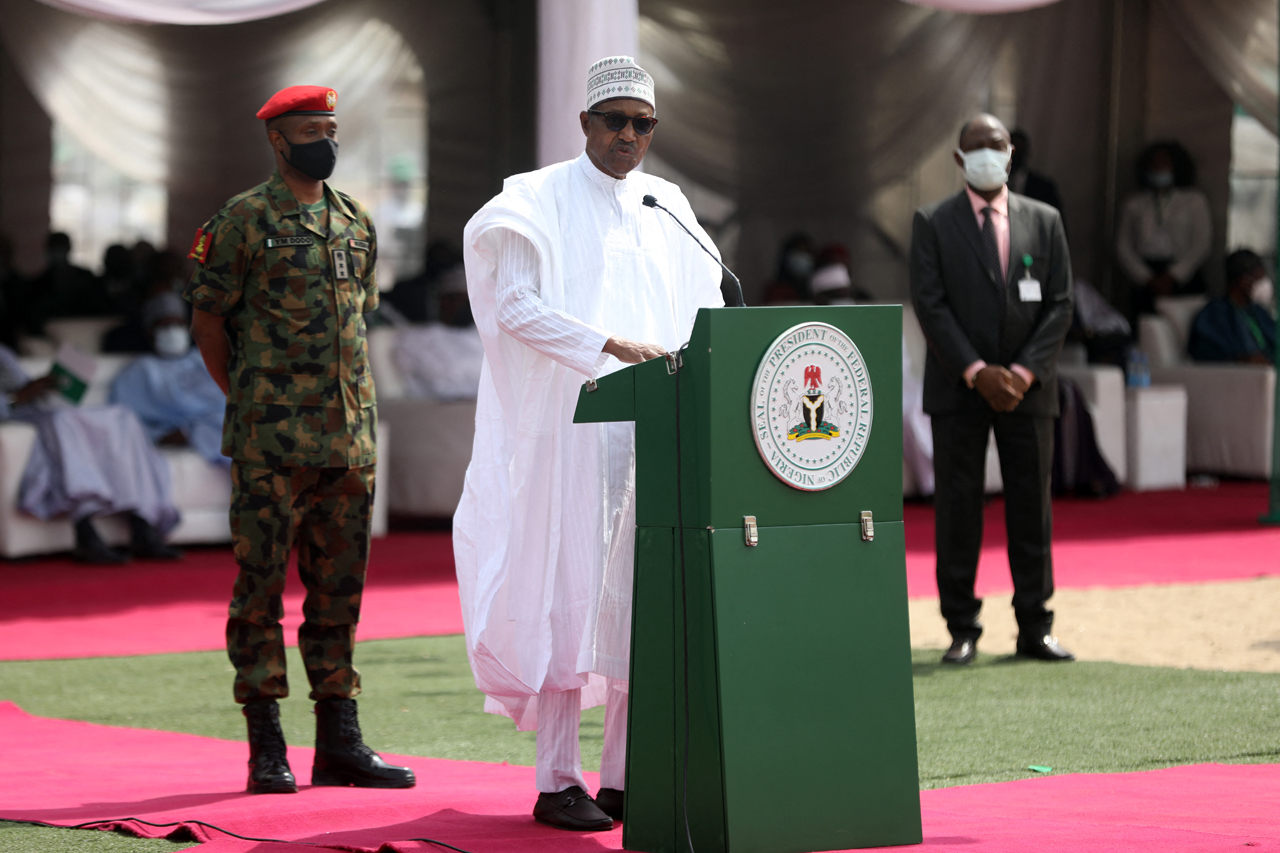
Nigeria has said 133 million of its citizens are currently living in poverty.
The Nigerian government said the figure represents 63 percent of its population living in poverty according to a survey conducted by National Bureau of Statistics (NBS), the National Social Safety-Nets Coordinating Office (NASSCO), the United Nations Development Programme (UNDP), the United Nations Children’s Fund (UNICEF), and the Oxford Poverty and Human Development Initiative (OPHI).
READ ALSO: Nigeria’s inflation rises to 21.09%
Nigeria’s Multidimensional Poverty Index (MPI) Survey was launched in Abuja on Thursday with President Muhammadu Buhari represented by his chief of staff Prof. Ibrahim Gambari.
Buhari said the index was adopted because it provides ways poverty could be identified and addressed with government policies.
The indices used to calculate the poverty line in Nigeria were based on Multidimensional Poverty Index (MPI) with five components of health, living standard, education, security and unemployment.
The report said “over half of the population of Nigeria are multidimensionally poor and cook with dung, wood or charcoal, rather than cleaner energy. High deprivations are also apparent nationally in sanitation, time to healthcare, food insecurity, and housing.”
“In general, the incidence of monetary poverty is lower than the incidence of multidimensional poverty across most states. In Nigeria, 40.1% of people are poor according to the 2018/19 national monetary poverty line, and 63% are multidimensionally poor according to the National MPI 2022.”
The survey, which sampled over 56,000 households across the 36 states of the Federation and the FCT, conducted between November 2021 and February 2022, states that 65 per cent of the poor, 86 million people, live in the North, while 35 percent, nearly 47 million live in the South.
It identified Sokoto State as having the most poverty levels across states, with 91 percent while Ondo has the lowest with 27 percent.
The report was released days after the NBS disclosed that Nigeria’s inflation stands at 21.09% from October 2022.
The latest figure shows that the general price level for the headline inflation rate increased in October 2022 when compared to the same month in the preceding year (October 2021) by 5.09 percent.
[ad unit=2]



